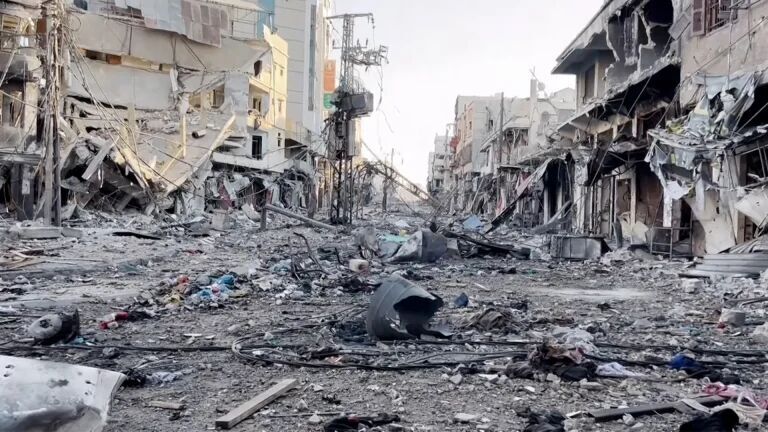UN welcomes ceasefire between Afghanistan and Pakistan.
“The Secretary-General urges all parties to work towards a sustainable end to the conflict and to engage in dialogue to protect civilians and prevent further casualties,” UN spokesman Stephane Dujarric told reporters on Thursday.
“Our colleagues in the UN mission in Afghanistan continue to monitor the situation,” the UN spokesman said.
“The UN mission is still assessing the exact number of deaths and injuries. However, current information indicates that at least 17 civilians have been killed and 346 injured in Spin Boldak on the Afghan side of the border,” he added.
“The UN mission has also documented at least 16 civilian casualties as a result of previous cross-border clashes in Paktika, Patkaya, Kunar and Helmand provinces,” Dujarric added.
“The UN mission reminds all parties of their obligations under international law to adhere to the key principles of distinction, proportionality and precaution to avoid harm to civilians,” he added.
Pakistan and the Afghan Taliban have now agreed to a ceasefire after four days of heavy fighting along their shared border strip.
Reports of torture of Palestinian detainees are “deeply concerning”
The UN spokesman also said reports that the bodies of Palestinians returned to Gaza this week showed signs of torture were “deeply concerning.”
“And as we have said many times, we must be held accountable for all violations of international law that we have seen during this conflict,” Dujarric said, without elaborating.
Gaza authorities say the bodies of Palestinians held in Israeli custody show signs of abuse, including possible executions.
Israel does not issue visas to several international NGOs
The UN spokesman also said about the latest situation in the occupied Palestinian territory: Tom Fletcher, the UN Under-Secretary-General for Humanitarian Affairs, discussed the situation in Gaza during his trip from Cairo to Rafah, saying that the route is very important as a highway for vital aid to Gaza.
Dujarric added: The Office for the Coordination of Humanitarian Affairs noted that until the Rafah crossing is opened for more direct access, supplies from Egypt still have to travel a long way and be inspected on the Israeli side of the Kerem Shalom crossing. Fletcher stressed the need to open all crossings to significantly increase aid and change the situation on the ground.
He added: The humanitarian community cannot provide the necessary assistance without the presence and participation of international NGOs. Currently, Israeli authorities are not issuing visas to many international NGOs and are not allowing many of them to send equipment to Gaza. However, humanitarian teams inside Gaza continue to make the most of the opportunities created by the ceasefire.

